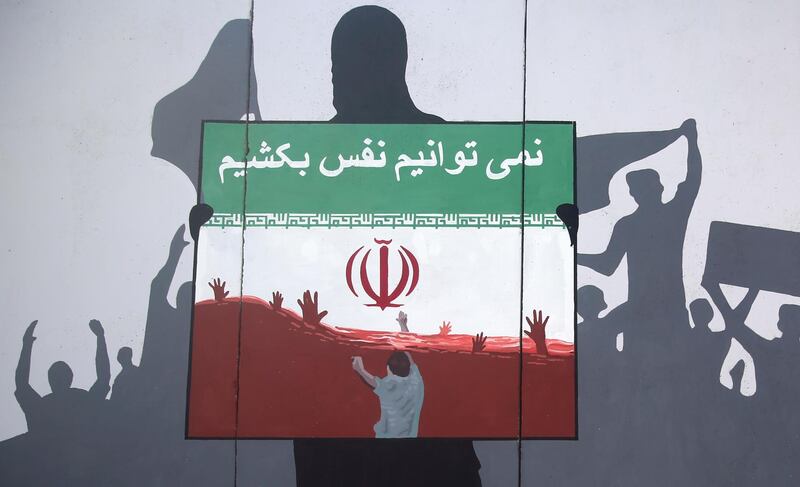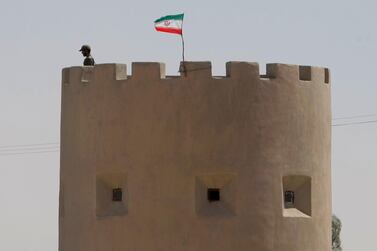Protests against police brutality and racism have spread throughout the US and Europe in recent weeks. Questions about the relationship between police forces and ethnic minorities, however, are by no means limited to the West. In the Middle East, tensions over this subject have sparked a recent escalation in hostility between Afghanistan and Iran, where Afghan residents have long experienced discrimination.
Earlier this month, three Afghan refugees were killed in the Iranian city of Yazd, when Iranian police officers opened fire at their vehicle, setting it alight. Four other Afghans were injured. It came just over a month after another harrowing incident in which dozens of Afghan migrant workers are said to have been tortured and forcibly drowned by Iranian border police.
Videos related to both events have been circulated widely in Afghanistan, giving rise to a large popular protest movement in major Afghan cities. The video from the incident in Yazd shows a young boy with severe burns escaping the car and begging for water.
The Iranian government has denied responsibility for both incidents, and has thus far refused to prosecute any of the officers allegedly responsible.
Perhaps more disturbing, and less expected, than Iran’s refusal to pursue justice is its decision to attempt to strong-arm Kabul into quelling the protest movement in Afghanistan. On Saturday, Tehran formally summoned the Afghan ambassador, Ghafoor Lewal, to inform him that the countries’ historically deep bilateral ties hang in the balance over the protests, which have been peaceful, though some protesters have vandalised the exterior of Iranian diplomatic missions. Iran refers to the movement as a “propaganda” campaign.
Afghans are simply asking that their relatives and compatriots in Iran enjoy basic equality, a right to life and access to justice. In the words of Qubad, the culture affairs officer of the Solidarity Party of Afghanistan, who helped to organise the demonstrations: “the Iranian regime is not only burning and drowning our youth. They even send our youth to fight their wars in Iraq and Syria. This is why we had to raise our voice against these injustices”.
Iranian attempts to pressure Afghanistan, a poorer country whose population relies on access to the Iranian economy, into clamping down on the protests shows a blatant disregard for Afghan sovereignty. During his summoning, Mr Lewal reaffirmed that his people have every right to protest, but the force of his words was weakened when the Afghan government eventually promised to appease Tehran by launching an investigation.
The rights granted to civil society in Afghanistan, one of the world’s youngest constitutional democracies, are a work in progress. But they are sacred nonetheless. They have been codified in the face of extreme poverty and war and terrorism, and many members of the international community, from the US to the EU to the UAE, have fought hard for decades to ensure that Afghans could express themselves freely in their own country.
Iran’s efforts to silence those voices – and to do so, moreover, off the back of grave atrocities it has committed against Afghans – are a threat to the future of Afghan society. Afghans ought to be lauded for defending their dignity peacefully and in unison.
Iranians and Afghans have much in common, including a widespread desire within society to effect change through peaceful means. In Iran, that desire when expressed by protests, it is routinely beaten into submission. But in Afghanistan, that cannot be allowed to happen – not if the country has any hope of staying on the course of progress.






